Home secretary Priti Patel wants to transport refugees arriving in the UK to Rwanda. But there’s plentiful evidence that these plans are both immoral and illegal. The UK government’s own assessment of human rights in Rwanda is nothing short of withering.
Patel’s plan is also discriminatory and flouts several international laws. So either Patel hasn’t done her homework, or she simply doesn’t care about the limits of international law in pursuit of her xenophobic agenda.
UK condemnation
The UK’s own assessment of Rwanda’s human rights record is damning. The following is an extract from a July 2021 speech by Rita French, the UK’s International Ambassador for Human Rights:
We regret that Rwanda did not support our recommendation, which was also made by other States, to conduct transparent, credible and independent investigations into allegations of human rights violations including deaths in custody and torture.
We welcome that Rwanda accepted recommendations from other countries on combatting human trafficking, but we were disappointed that Rwanda did not support the UK recommendation to screen, identify and provide support to trafficking victims, including those held in Government transit centres.
HRW condemns Rwanda
Human Rights Watch (HRW) has commented that Rwanda:
has a known track record of extrajudicial killings, suspicious deaths in custody, unlawful or arbitrary detention, torture, and abusive prosecutions, particularly targeting critics and dissidents.
This is the country where Patel wants to send refugees “to build a new life”.
A 2020 HRW report on Rwanda stated that:
Arbitrary detention, ill-treatment, and torture in official and unofficial detention facilities continued, according to credible sources.
The report named several senior opposition figures who were murdered or went missing. It also referred to a February 2018 protest by Democratic Republic of Congo refugees, where at least 12 of those who participated in a protest were killed by Rwandan police. Between February and May 2018, more than 60 refugees were charged with taking part in demonstrations and other activities deemed illegal by Rwanda authorities.
More recently, in September 2021, HRW reported that Rwandan “authorities rounded up and arbitrarily detained over a dozen gay and transgender people, sex workers, street children, and others”. Patel doesn’t seem to be concerned about how her plan might affect LGBTQI+ refugees and asylum seekers who fled from persecution because of their sexuality.
In March 2022, HRW further reported that violations of human rights in Rwanda have continued, including the repression of government critics, journalists, and opposition members.
Patel’s plan is discriminatory
Following Patel’s announcement to proceed with the Rwanda plan, the UN Refugee Agency (UNHCR) expressed concerns. Assistant high commissioner for protection Gillian Triggs said that:
People fleeing war, conflict and persecution deserve compassion and empathy. They should not be traded like commodities and transferred abroad
The UNHCR further clarified that asylum-seekers and refugees who are smuggled should not be deprived of any rights regarding access to protection and assistance.
A UNHCR document further clarifies:
Every person has the right to seek and enjoy in other countries asylum from persecution, serious human rights violations and other serious harm. Seeking asylum is not, therefore, an unlawful act. Furthermore, the 1951 Convention provides that asylum-seekers shall not be penalised for their illegal entry or stay, provided they present themselves to the authorities without delay and show good cause for their illegal entry or presence.
The UNHCR adds:
Article 31 of the 1951 Convention specifically provides for the non-penalisation of refugees (and asylum-seekers) having entered or stayed irregularly if they present themselves without delay and show good cause for their illegal entry or stay.
The UNHCR also points out that detention of refugees should be non-discriminatory:
International law prohibits detention or restrictions on the movement of a person on the basis of race, colour, sex, language, religion, political or other opinion, national or social origin, property, birth or other status, such as asylum-seeker or refugee status.
Patel’s plan falls foul of this requirement, as it will initially focus on transporting “single men arriving in the UK on small boats or lorries”.
The UNHCR also specifies the right of refugees to legal counsel and the right to be “brought promptly before a judicial or other independent authority to have the detention decision reviewed”. If Patel’s plan does not make these provisions, that would be a further violation of refugee rights.
The UK flouting international law
Article 31 of the Convention and Protocol Relating to the Status of Refugees bans states from imposing penalties:
on refugees who, coming directly from a territory where their life or freedom was threatened in the sense of article 1, enter or are present in their territory without authorization.
Refugee Council chief executive Enver Solomon is scathing of Patel’s plan, saying:
The government is choosing control and punishment above compassion despite the fact its own data shows that two-thirds of men, women, and children arriving in small boats come from countries where war and persecution have forced them from their homes.
The “illegal” Australian model
The Australian model, to which Patel’s plan is compared, saw Australia imprison refugees and asylum-seekers on offshore islands such as Manus (Papua New Guinea) and Nauru. Many of those incarcerated attempted suicide, and there were numerous deaths and instances of self-harm.
Leaked ‘Nauru Files’ revealed shocking events on the island state that included “attempts at self-harm, sexual assaults, child abuse, hunger strikes, assaults and injuries”. Altogether, there were more than 2,000 leaked incident reports.
The Manus island detention centre opened in July 2013. By the end of the year, almost 1,200 asylum seekers had been transported there by the Australian authorities. But in 2016, the Papua New Guinea (PNG) supreme court ruled that the asylum-seekers detention facility there was illegal.
Further, the court demanded that Australia resettle all those held. It said:
Both the Australian and Papua New Guinea governments shall forthwith take all steps necessary to cease and prevent the continued unconstitutional and illegal detention of the asylum seekers or transferees at the relocation centre on Manus Island and the continued breach of the asylum seekers or transferees constitutional and human rights
Doomed “toxic” plan
Greg Barns SC is an Australian barrister and spokesperson for the Australian Lawyers Alliance. He has assisted PNG lawyers acting for the refugees detained on Manus.
On hearing of Patel’s plan, Barns told The Canary:
What lies behind both the UK and Australian approach to offshore asylum processing is toxic neo-colonialism. It is, in each case, a wealthy country seducing poorer nations with the promise of aid and money if they play ball. A contract where there is clearly gross inequality in the bargaining power of one party.
Patel’s plan has been criticised by her own government as well as by human rights and refugee NGOs. It flouts international laws and therefore could open the UK to prosecution. In short, it is not only morally wrong but unworkable and illegal.
However, given this government’s right wing agenda, who’s to say if that’ll be enough to stop these plans from going ahead.
Featured image via Youtube
By Tom Coburg
This post was originally published on The Canary.
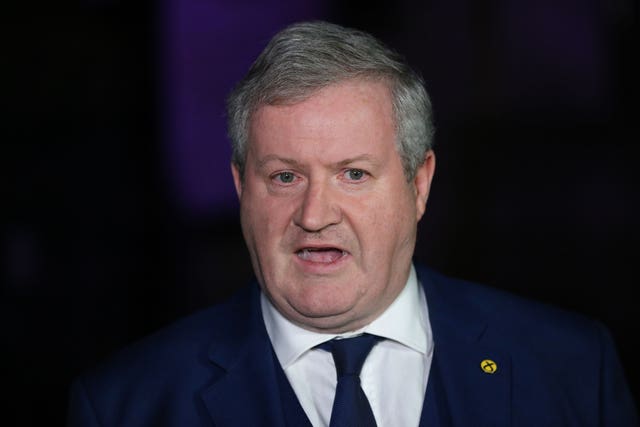


 India £343
India £343






 (@safepassageuk)
(@safepassageuk) 
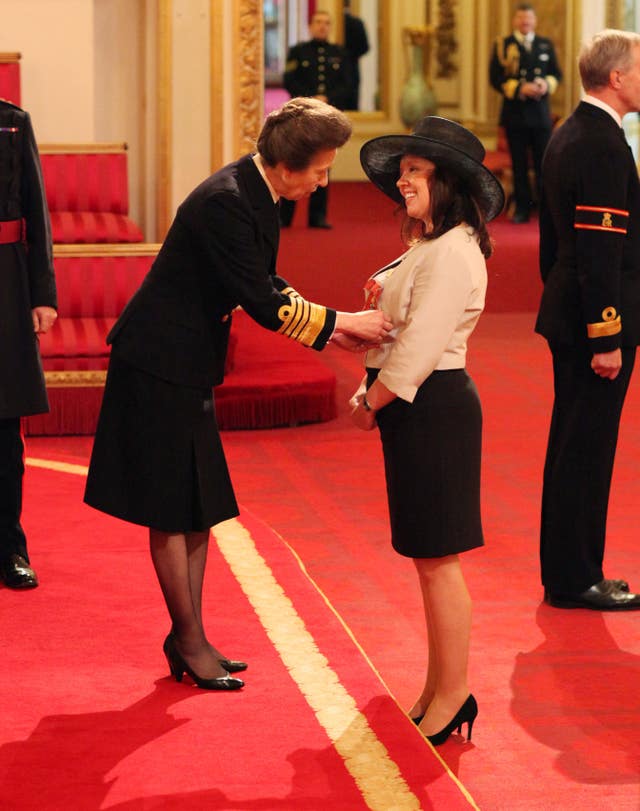

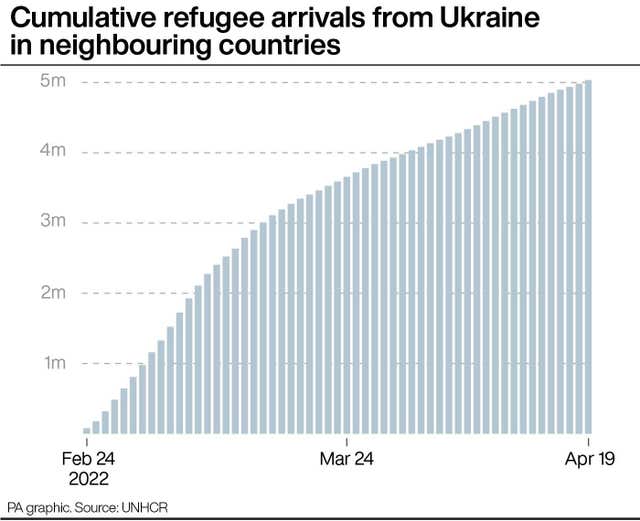

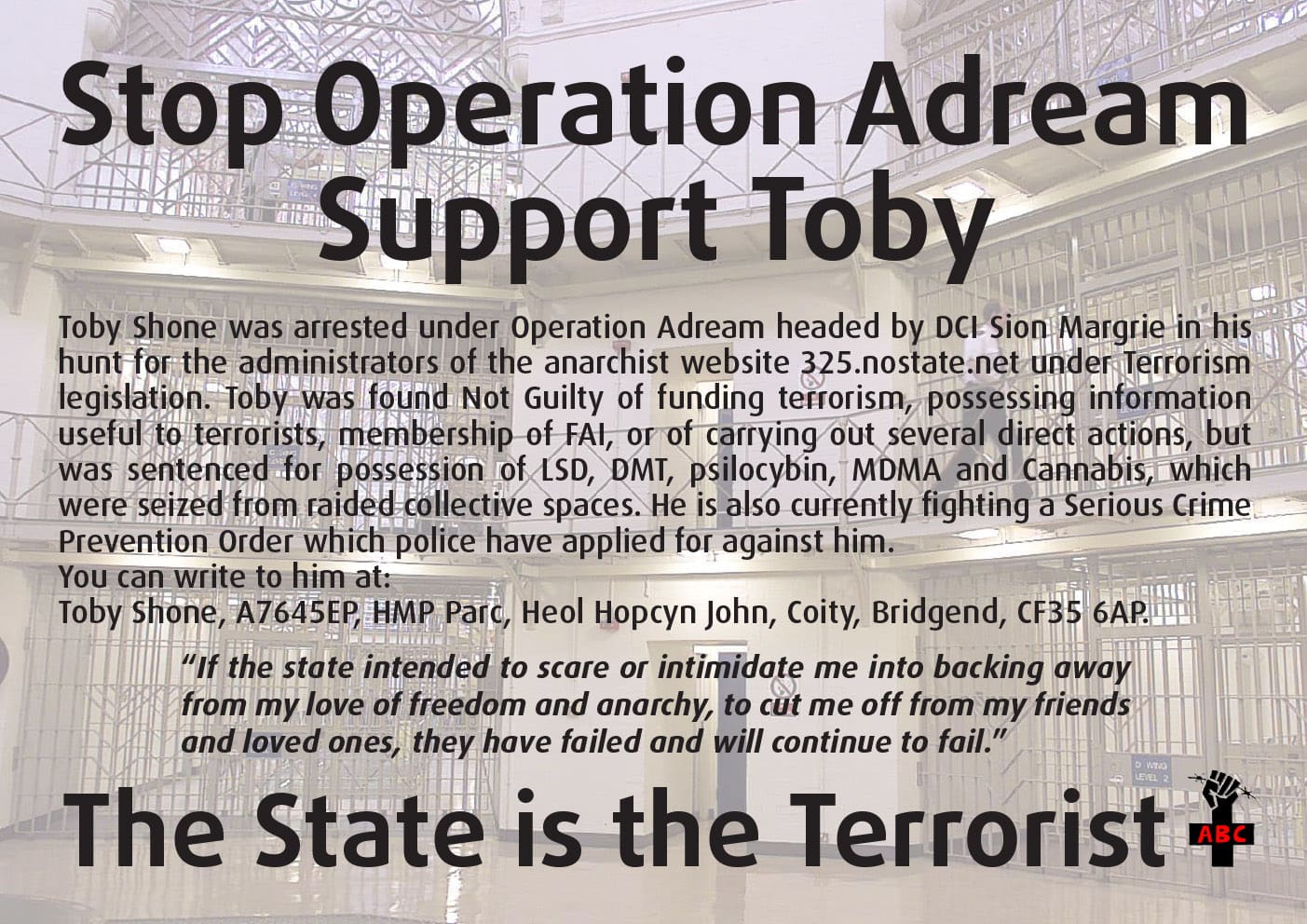
 …
…





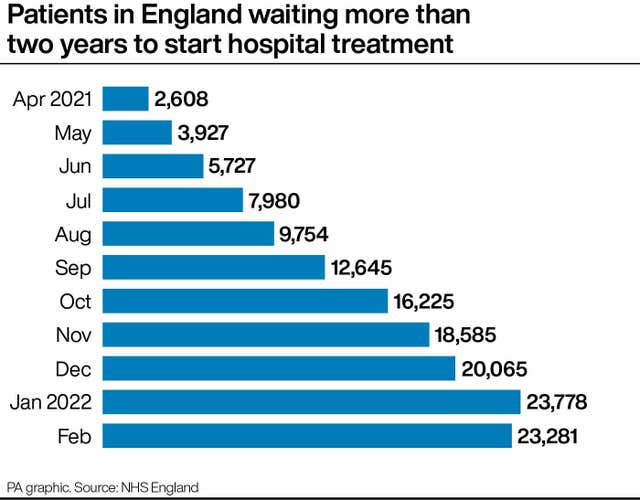
 (@drmeenalviz)
(@drmeenalviz)  (@dontlookdown_FB)
(@dontlookdown_FB) 


 (@rachelmewes1982)
(@rachelmewes1982) 
